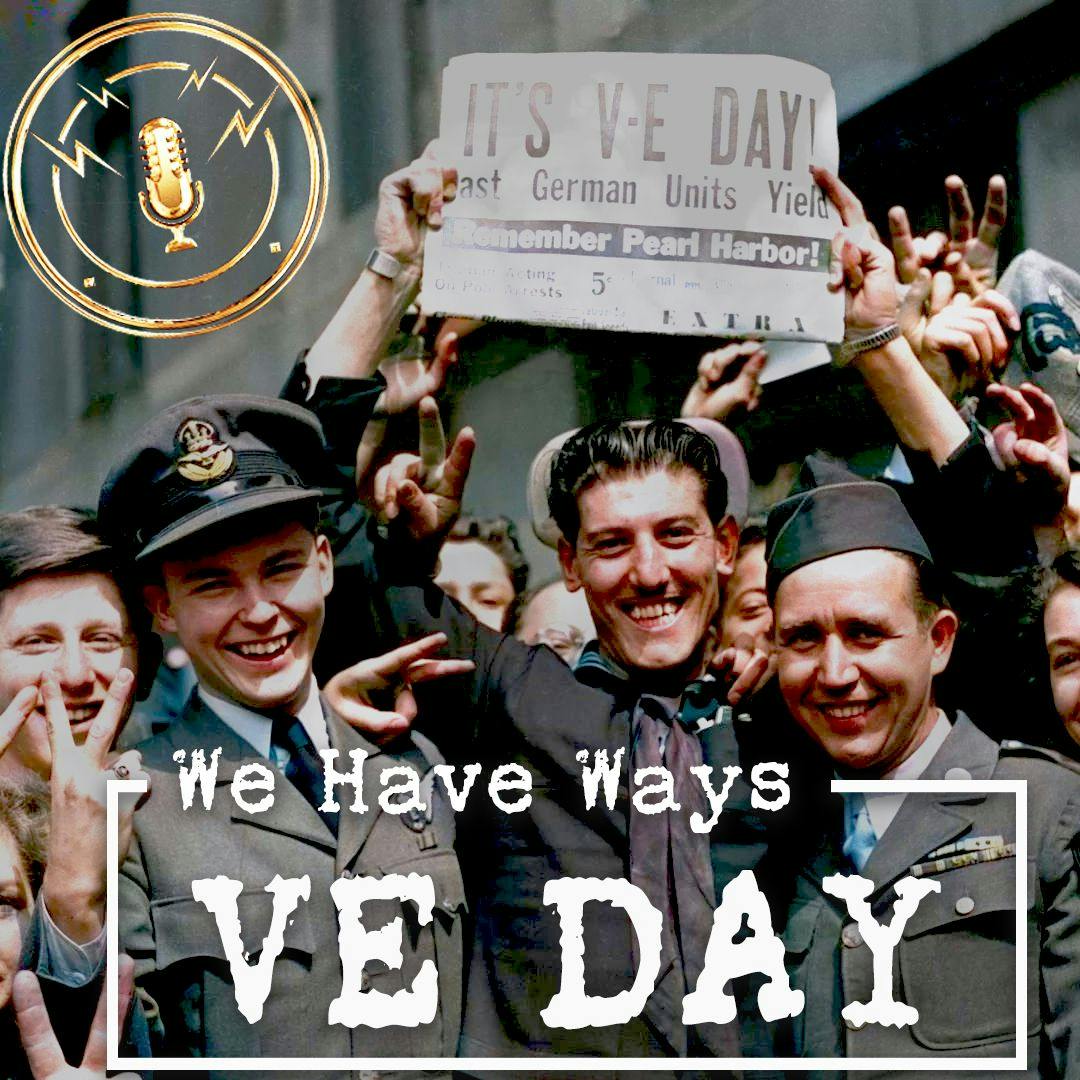VE Day: The Bridge At Remagen (Part 1)
To defeat the Nazis once and for all, the Allies must cross the Rhine into Germany. The first challenge - the bridge at Remagen
Why did the Second World War end in 1945? How did Hitler die? Were the Americans the big winners of WW2?
Join James Holland & Al Murray as they uncover the pivotal but often overlooked final moments of WW2 in Europe - from the grand international politics of the new Cold War superpowers, down to often intense individual tragedies of the survivors.
EPISODES 1-4 ARE AVAILABLE FOR MEMBERS EARLY & AD FREE - SIGN UP AT patreon.com/wehaveways
A Goalhanger Production
Produced by James Regan
Exec Producer: Tony Pastor
Social: @WeHaveWaysPod
Email: wehavewayspodcast@gmail.com
Join our ‘Independent Company’ to watch exclusive livestreams, get presale events, and our weekly newsletter book and model discounts.
Membership Club: patreon.com/wehaveways
Learn more about your ad choices. Visit podcastchoices.com/adchoices
Why did the Second World War end in 1945? How did Hitler die? Were the Americans the big winners of WW2?
Join James Holland & Al Murray as they uncover the pivotal but often overlooked final moments of WW2 in Europe - from the grand international politics of the new Cold War superpowers, down to often intense individual tragedies of the survivors.
EPISODES 1-4 ARE AVAILABLE FOR MEMBERS EARLY & AD FREE - SIGN UP AT patreon.com/wehaveways
A Goalhanger Production
Produced by James Regan
Exec Producer: Tony Pastor
Social: @WeHaveWaysPod
Email: wehavewayspodcast@gmail.com
Join our ‘Independent Company’ to watch exclusive livestreams, get presale events, and our weekly newsletter book and model discounts.
Membership Club: patreon.com/wehaveways
Learn more about your ad choices. Visit podcastchoices.com/adchoices
Press play and read along
Transcript
Transcript is processing—check back soon.
WW2 Pod: We Have Ways of Making You Talk — VE Day: The Bridge At Remagen (Part 1)





